

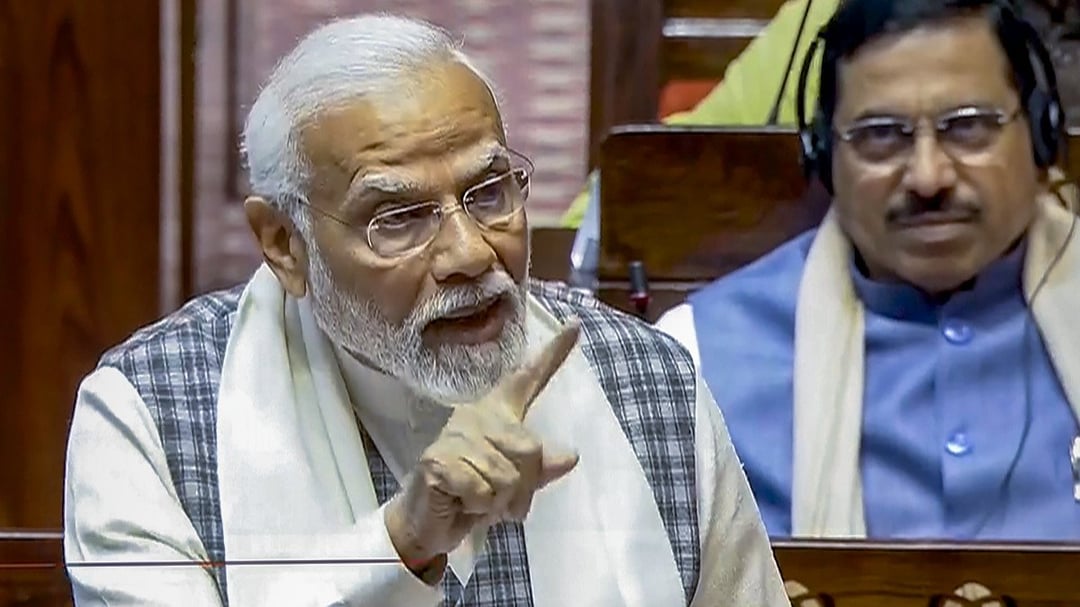
In his address to the Rajya Sabha, Prime Minister Narendra Modi criticized the Congress party for their "family first" approach and "appeasement policy". He stated that expecting "Sabka Saath, Sabka Vikas" from Congress would be a mistake as the party is solely dedicated to one family. PM Modi further highlighted how the Congress has historically marginalized Dr. Baba Saheb Ambedkar and his contributions, but now are forced to raise slogans of "Jai Bheem" due to electoral compulsion. He also mentioned his government's efforts towards inclusive governance and providing constitutional status to the OBC panel, a long-standing demand by OBC MPs from all parties.
"Sabka Saath, Sabka Vikas": Prime Minister Modi's Critique of Congress
In his recent address to the Rajya Sabha, Prime Minister Narendra Modi launched a scathing attack on the Congress party, accusing it of prioritizing "family first" and practicing "appeasement politics."
Background:
The phrase "Sabka Saath, Sabka Vikas" (Together, for Everyone's Progress) was coined by Prime Minister Modi as the guiding principle of his government. It symbolizes an inclusive approach to governance that seeks to benefit all sections of society, regardless of their caste, creed, religion, or political affiliation.
Modi's Criticism:
Modi asserted that expecting "Sabka Saath, Sabka Vikas" from the Congress would be a mistake, as the party's focus has been on one family, the Nehru-Gandhi dynasty. He pointed out that the Congress had marginalized Dr. B.R. Ambedkar, the architect of the Indian Constitution, and his contributions to the nation.
Modi also highlighted how the Congress had ignored the demands of Other Backward Classes (OBCs) for decades but was now forced to raise slogans of "Jai Bheem" (a slogan associated with Ambedkar) due to electoral compulsions.
Inclusive Governance under Modi:
In contrast to the Congress, Modi emphasized his government's commitment to inclusive governance. He cited initiatives such as providing constitutional status to the OBC panel, which had been a long-standing demand by OBC MPs from all parties.
Top 5 FAQs:
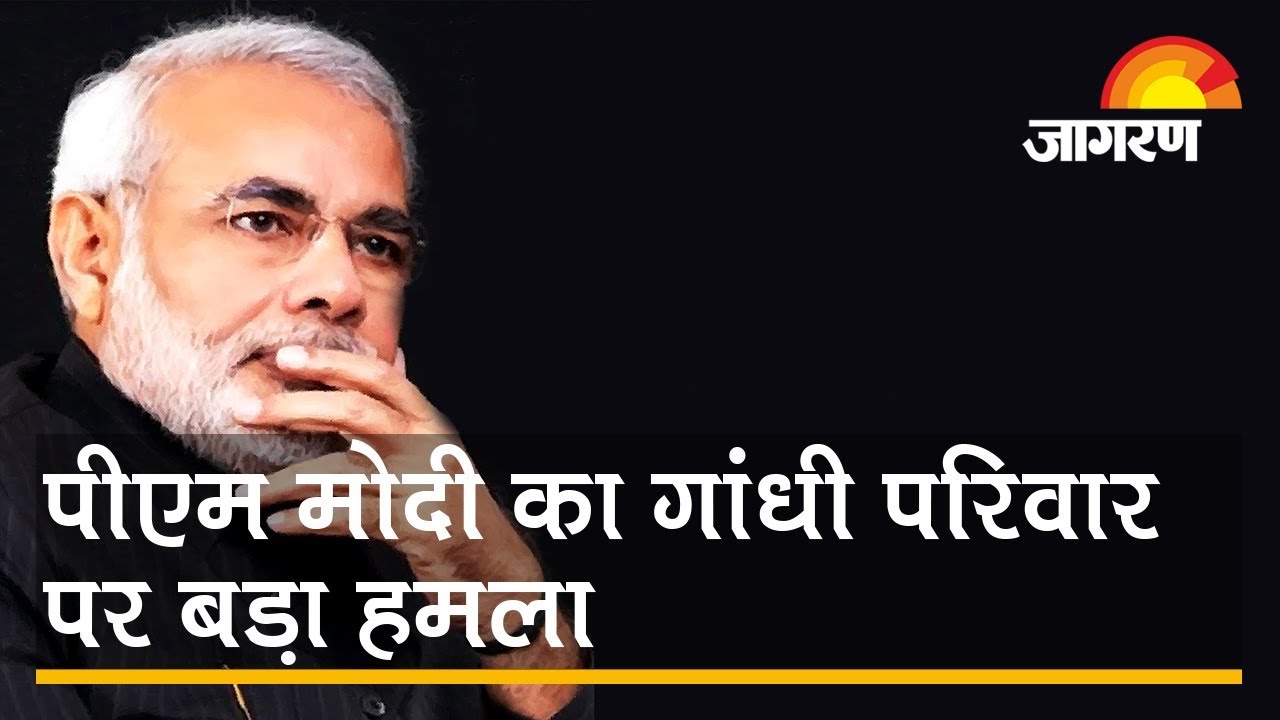
Prime Minister Narendra Modi slammed the Congress for their "predatory approach" and "politics of family first and polarisation" during his reply to the Motion of Thanks in Rajya Sabha. He highlighted the success of his government's development model based on "nation first" and "saturation" of welfare schemes. PM Modi also pointed out the disparities in sharing the benefits of development under previous Congress governments and emphasized his government's commitment to uplift the marginalized sections of society, such as women, farmers, and Dalits. He stressed on the implementation of 'Sab ka Saath, Sab ka Vikas' and the strengthening of the SC and ST Act as evidence of his government's inclusive policies.
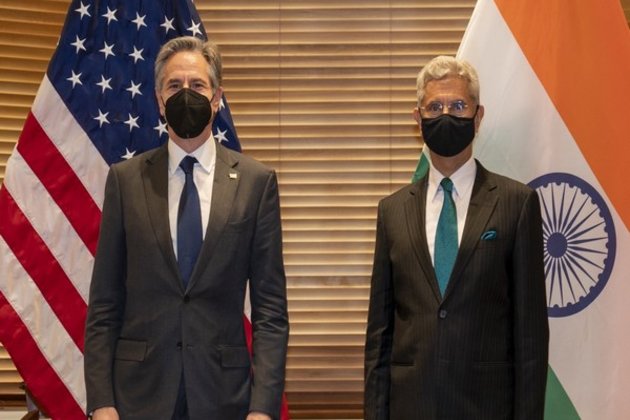
External Affairs Minister S. Jaishankar addressed the Parliament regarding the deportation of over 100 Indian nationals from the US, assuring that the government is actively engaging with the US to ensure the deportees are not mistreated. He also emphasized the need for cracking down on the illegal immigration industry and taking necessary action against agents based on information provided by the deportees.
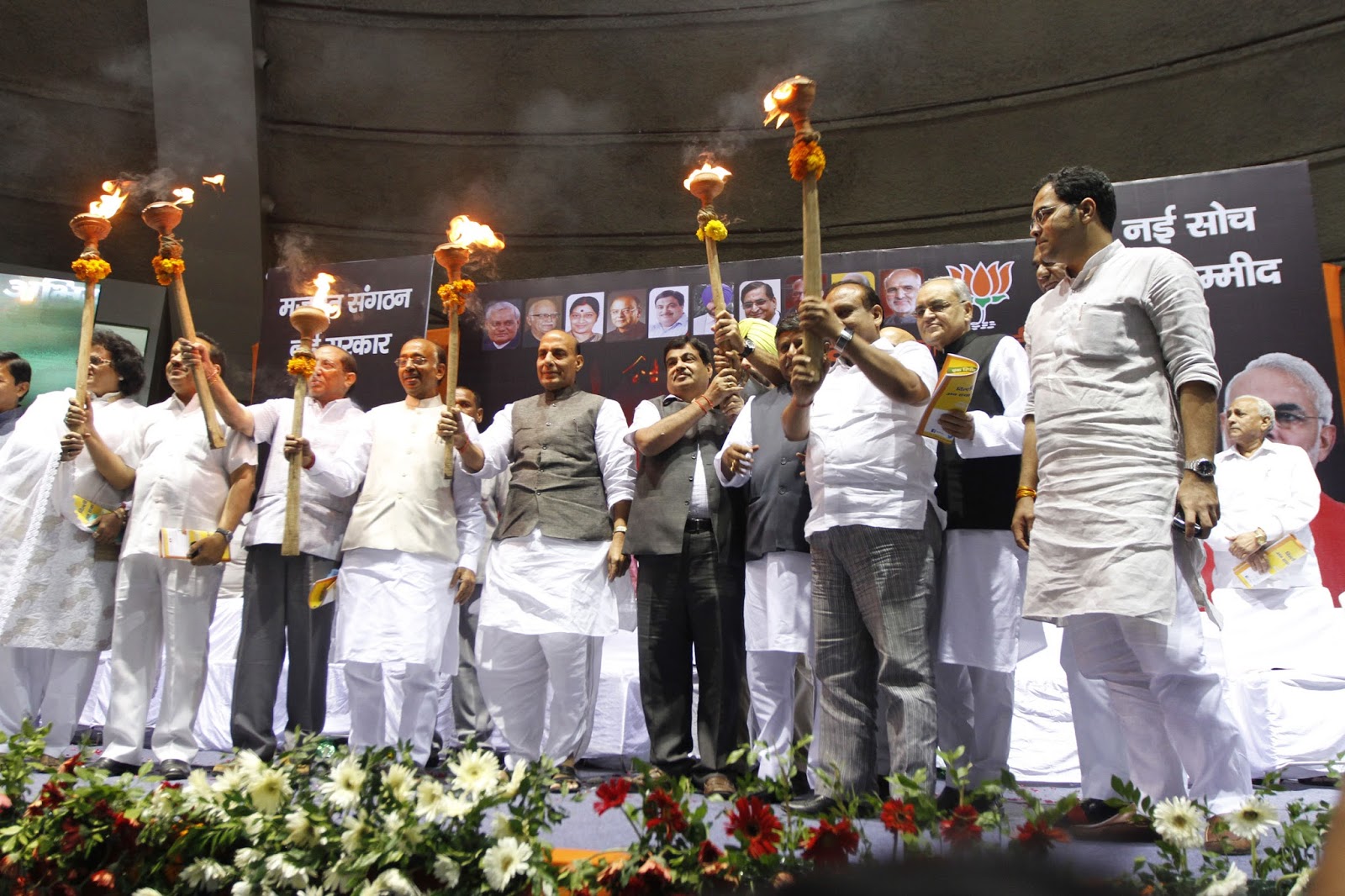
Exit polls indicate a potential major return for BJP after 27 years of opposition rule as voter turnout reaches 57.70%. Special polling stations were set up for senior citizens and people with disabilities and a QMS app was introduced to streamline the voting process. The results are highly anticipated to mark a significant shift in Delhi’s political scene.
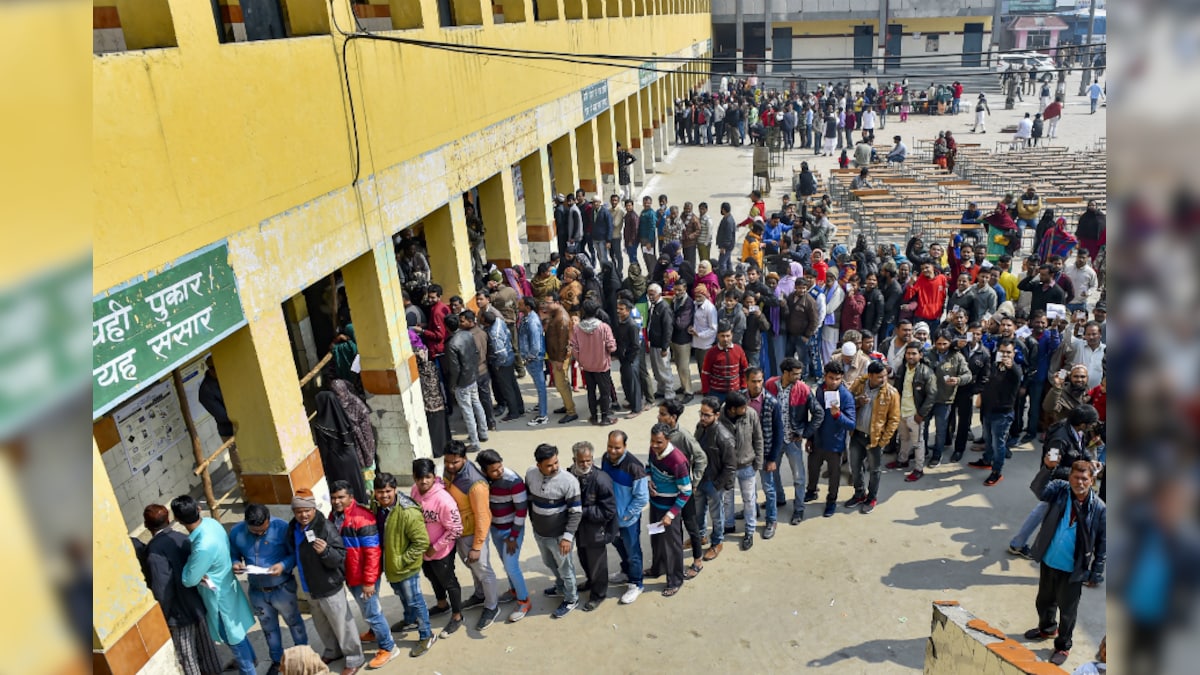
In a surprising turn of events, Delhi saw its lowest voter turnout since 2008 during the recent assembly elections, with only 60.4% of eligible voters casting their votes. The Election Commission of India (ECI) reported that this year's turnout is significantly lower than previous years, with the North East district recording the highest turnout at 66.25% and South East district recording the lowest at 56.31%. The ECI has reassured that these figures are provisional and will be updated soon, with 699 candidates competing in the elections and results to be announced on February 8.
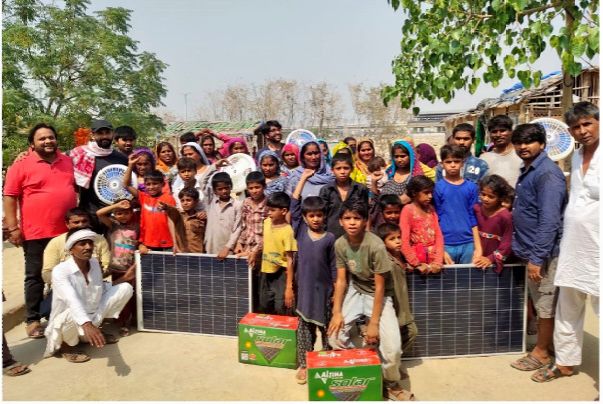
In a historic moment for democracy, hundreds of Pakistani Hindu refugees in Delhi exercised their right to vote in the Assembly elections for the first time. After years of living in uncertainty and statelessness, these refugees, who were granted Indian citizenship under the Citizenship (Amendment) Act, finally had a voice in shaping the future of their adopted homeland. This powerful moment stands as a symbol of their journey and struggle, and brings hope for a better future for the community as they participate in the democratic process.
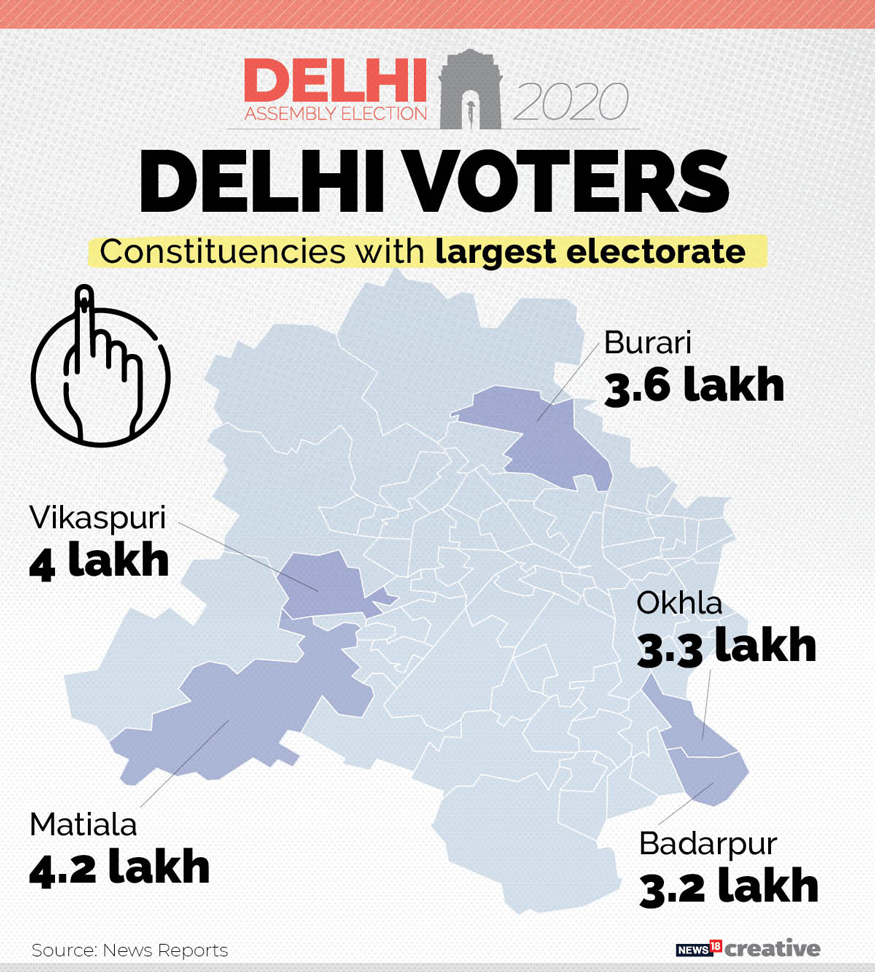
With polling underway in Delhi's 70 assembly constituencies, the Election Commission has reported a voter turnout of 46.55% as of 3 pm. The Northeast district recorded the highest turnout at 52.73% while the New Delhi district saw the lowest at 43.10%. This crucial election will decide the fate of 699 candidates and has drawn high-profile voters such as President Droupadi Murmu, Vice-President Jagdeep Dhankhar, and Delhi Chief Minister Arvind Kejriwal. Stay updated with the latest political news and stock market updates on Zee Business.
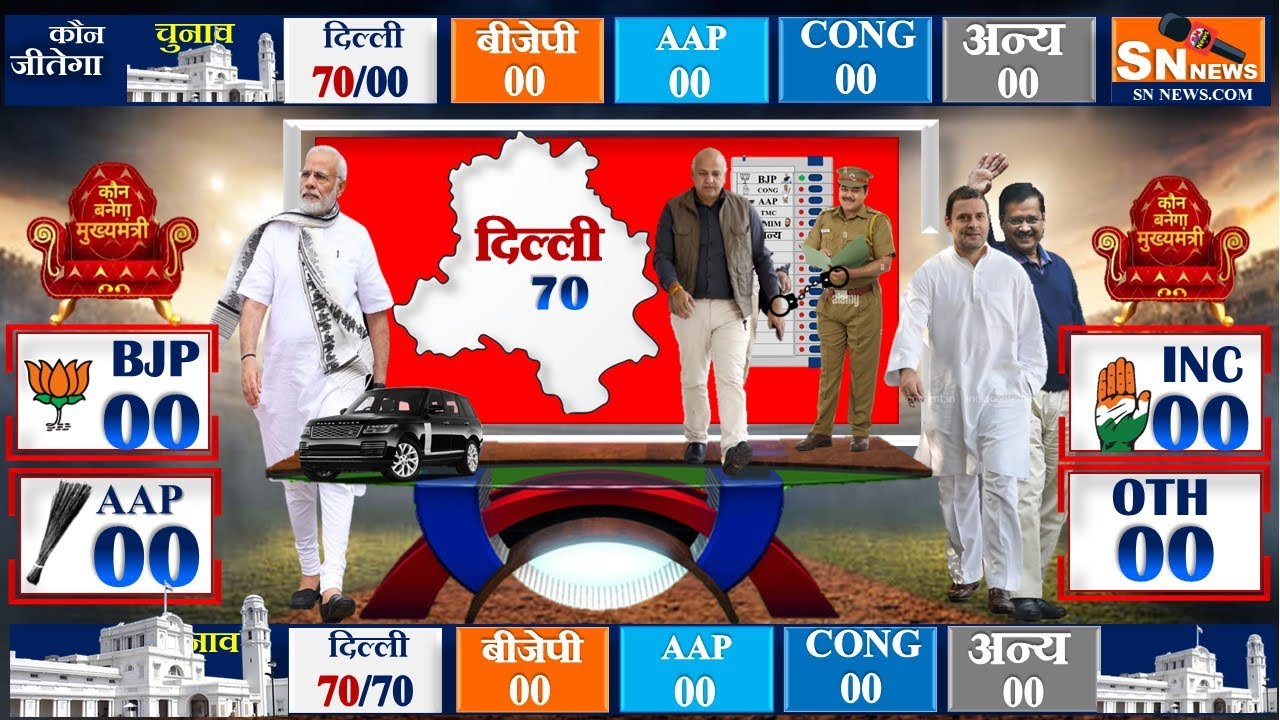
As Delhi goes to polls with a voter turnout of 46.55% till 3 pm, chaos erupts in several constituencies due to allegations of fraudulent voting. Key candidates from major parties face tough competition as the AAP aims for a third consecutive term, while the BJP and Congress strive for a comeback. The pre-poll discourse was marked by fierce campaigning and aggressive name-calling, with issues ranging from welfare schemes to corruption and water quality. In the midst of this, the DCP of South East Delhi dismisses allegations of voter bribery in Sarai Kale Khan.

With Delhi's Assembly elections just around the corner, the BJP has brought attention to a report by JNU professors on the alleged negative impacts of Rohingya and Bangladeshi infiltrators on the city's infrastructure. The research reveals a demographic shift in areas such as Seelampur, Jamia Nagar, and Zakir Nagar. BJP spokesperson Sambit Patra claims that these infiltrators have taken over jobs from Indian workers, with the support of AAP and Congress. The issue of fake voter identities and criminal connections is also addressed in the report.
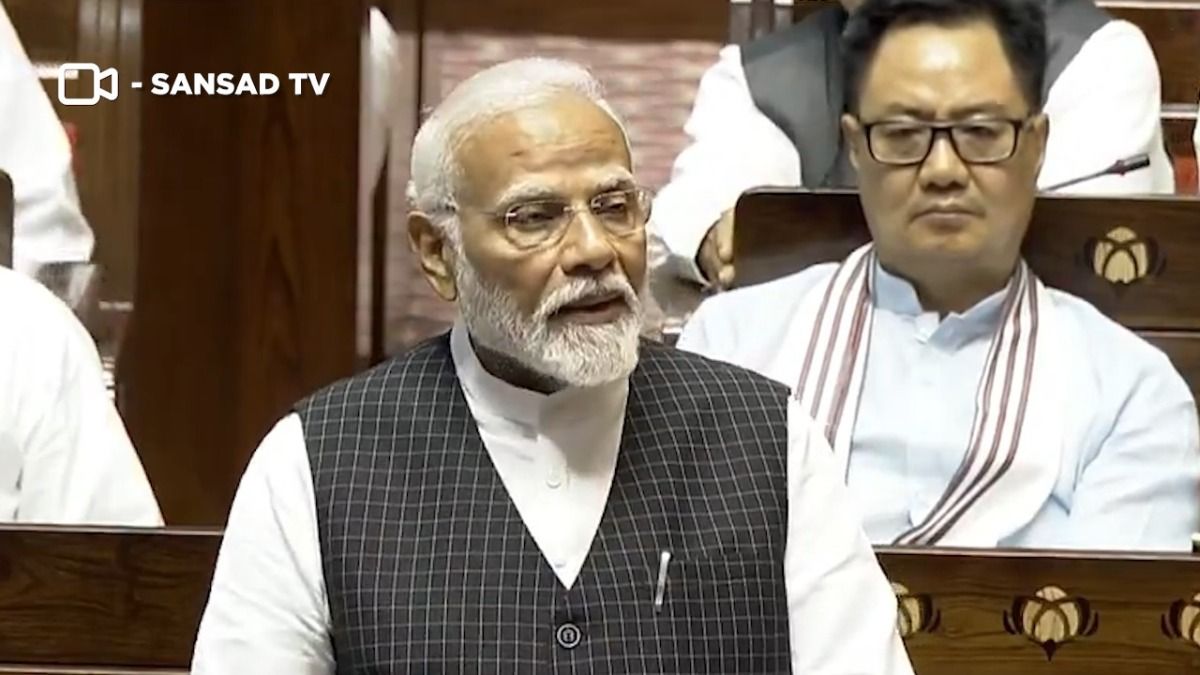
In a fiery Lok Sabha speech, Prime Minister Narendra Modi responded to criticism from the opposition by highlighting his government's achievements in real development for the people. He also took a dig at Leader of Opposition Rahul Gandhi and AAP convenor Arvind Kejriwal for prioritizing photo opportunities over the needs of the poor. Modi emphasized that the President's address further strengthened the government's commitment to a developed India.